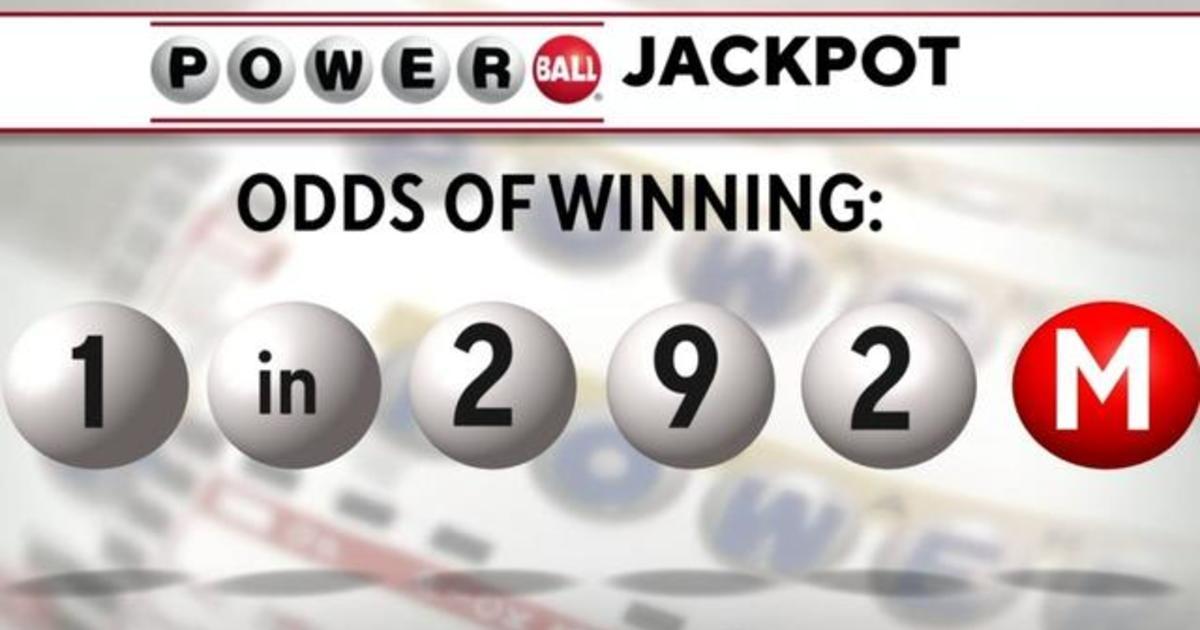Luck Unveiled: Analyzing Lottery Odds Across Popular Games
Every day, millions of hopeful dreamers shuffle their way to convenience stores or tap their screens with the same singular thought: “What if today is my lucky day?” The allure of winning the lottery is woven into the fabric of society, a tantalizing promise of instant wealth and a life unburdened by financial worries. But behind the thrill of a scratch-off ticket and the anticipation of a Powerball drawing lies a complex web of mathematics and probability. In “Luck Unveiled,” we embark on a journey to demystify the enchanting world of lottery games, peeling back the curtain on odds that can seem as elusive as the jackpots themselves. From the numbers that govern the spin of a wheel to the statistical chances of hitting the elusive jackpot, this article will take a neutral and analytical look at the true nature of lottery odds, revealing how luck is not merely a fickle friend, but rather a calculation grounded in numbers. Buckle up as we explore the fascinating intersection of chance, strategy, and sheer randomness that defines the pursuit of lottery winnings.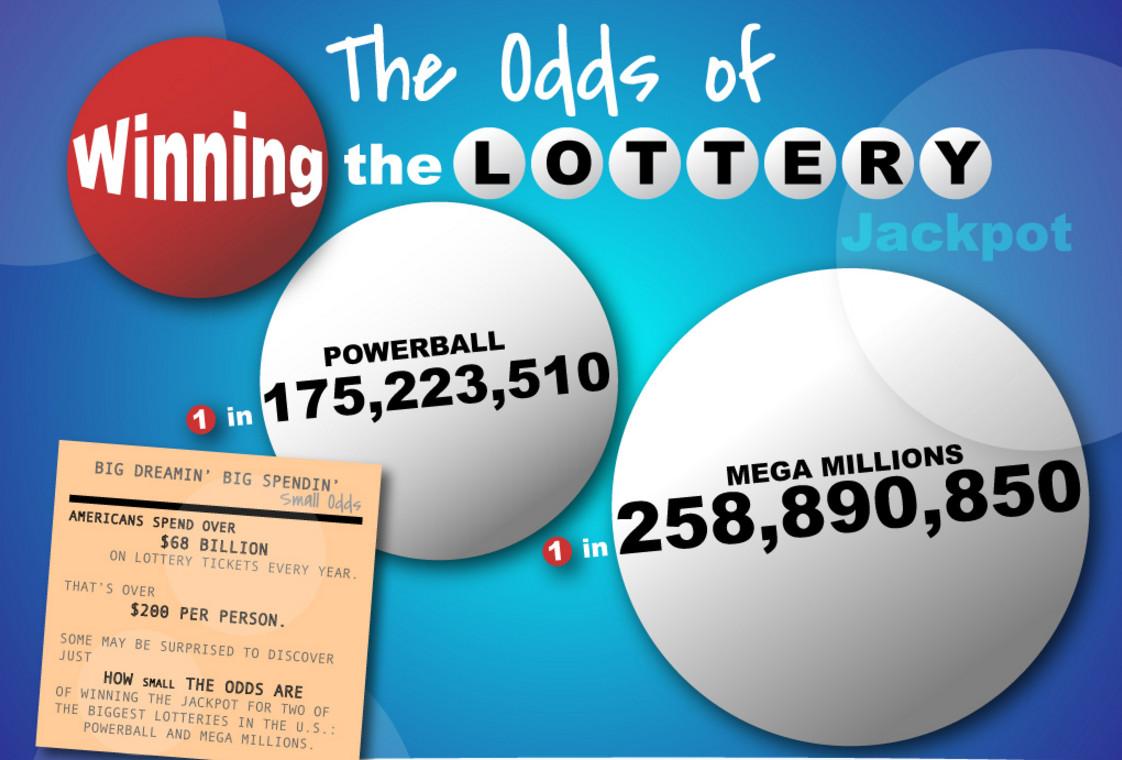
Understanding the Mathematics Behind Lottery Odds
The world of lotteries may seem glittered with prospects of instant wealth, but at the core lies a complex web of mathematics. The odds of winning a lottery are determined primarily by two factors: the number of possible combinations and the number of winning tickets. For instance, in a traditional 6/49 lottery, players choose six numbers from a range of 1 to 49. The total number of possible combinations can be calculated using the formula for combinations, expressed as C(n, k) = n! / (k!(n – k)!), where n is the total number of options (49), and k is the number of selections (6). This yields a staggering 13,983,816 combinations, illustrating the odds many face when hoping to strike gold with a single ticket.
While the allure of winning is undeniable, understanding the probabilities can add a layer of realism for potential players. Here’s a simplified comparison of lottery odds across some popular games:
| Lottery Game | Odds of Winning the Jackpot |
|---|---|
| Powerball | 1 in 292 million |
| Mega Millions | 1 in 302 million |
| EuroMillions | 1 in 139 million |
| Local State Lotto | Varies – generally 1 in several million |
These figures underline the point that while dreaming of winnings is harmless, investing too much into these chances can be financially perilous. The challenge lies not only in the long-shot nature of such games, but also in discerning the allure of luck from the cold, hard truth of mathematics. By redefining our perspective on the odds, we can approach lottery participation with greater awareness and a healthier regard for our finances.
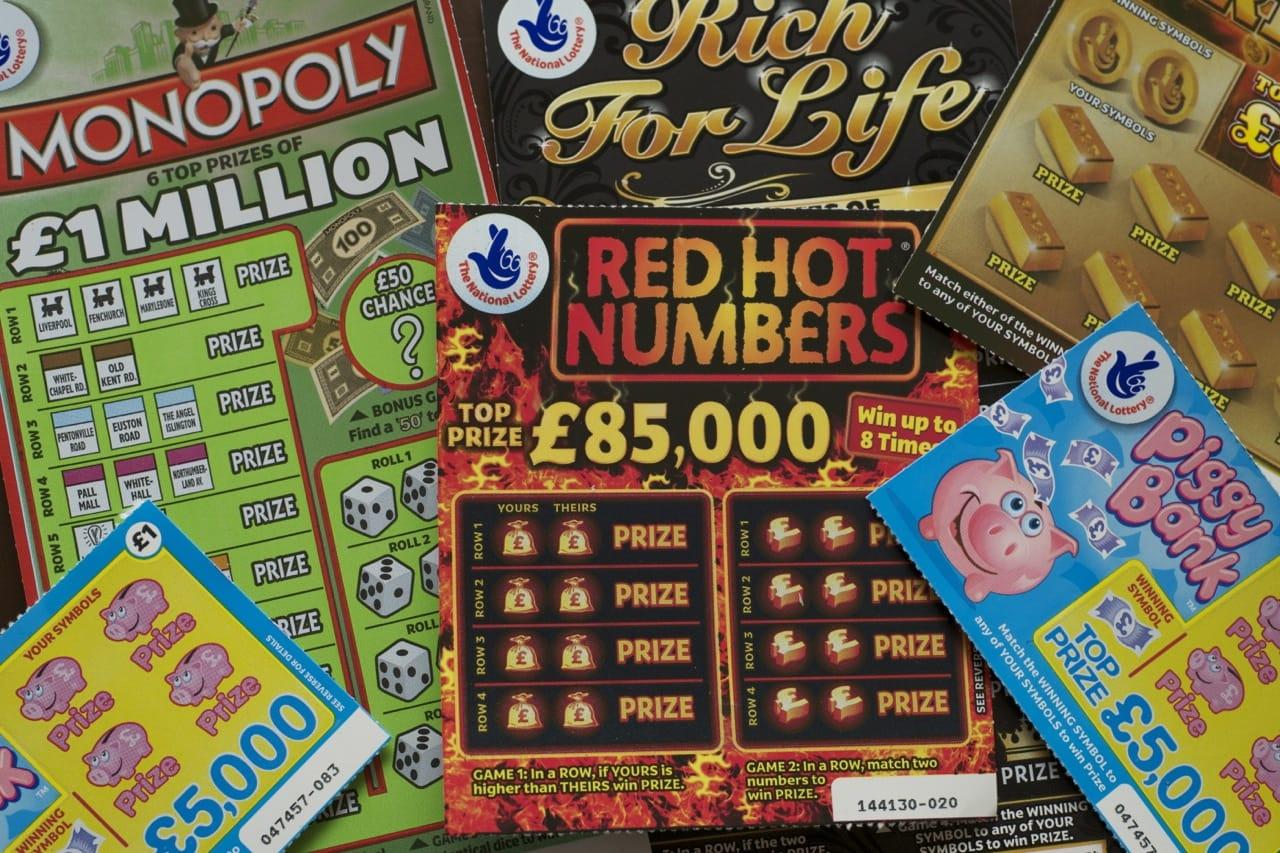
Comparing the Odds: From Scratch Cards to Powerball
When it comes to lotteries, the array of options can be overwhelming, especially when comparing different formats like scratch cards and Powerball. Scratch cards offer instant gratification with their quick reveals and immediate rewards. The odds of winning typically range from 1 in 3 to 1 in 5, depending on the game and the ticket price. Many players are drawn to the thrill of scratching away to discover a potential prize, but the jackpots are usually smaller compared to larger draw games. The top prizes can vary widely, ranging from a few dollars to tens of thousands, making them appealing for casual gamers looking for a quick win without a significant commitment.
On the flip side, Powerball, one of the most popular lottery games in the United States, offers life-changing jackpots that often climb into the hundreds of millions. However, the odds are substantially less favorable, with the chance of winning the jackpot sitting at around 1 in 292 million. While the excitement builds with each drawing, the vast pool of potential players and the allure of a massive prize come at a cost. The odds of winning any prize in Powerball, which can be as low as $4 for matching a few numbers, are notably better at about 1 in 25. This contrast highlights the delicate balance players must strike between the allure of instant wins through scratch cards and the potential fortune waiting in an elaborate Powerball drawing.
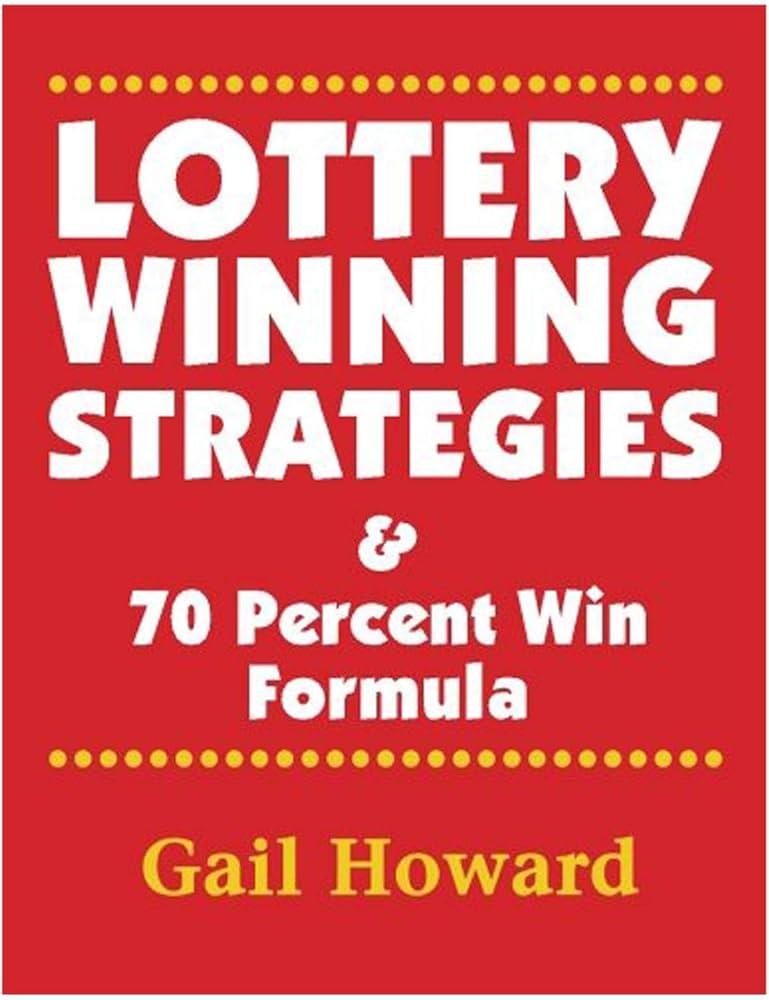
Strategies for Enhancing Your Winning Potential
Enhancing your chances of success in the lottery isn’t just about luck; it involves strategic planning and informed decision-making. Consider adopting a combinatorial strategy where you select a mix of high and low numbers, ensuring that your ticket covers a broader range of possibilities. Additionally, joining or creating a lottery pool can significantly increase your chances of winning. By pooling resources with friends or colleagues, you can buy more tickets collectively, thus amplifying your odds of hitting the jackpot while still keeping your individual investment low.
Another effective approach is to focus on less popular games, which often have better odds compared to the mainstream lotteries. While the jackpots may be smaller, the competitive landscape is less crowded, enhancing your probability of winning. Additionally, keep track of frequency charts for each game to identify numbers that are drawn more often, although remember that every draw is independent, and patterns may not guarantee future results. To provide a clearer perspective, the table below outlines the odds of winning various popular lottery games:
| Game | Odds of Winning | Jackpot Size |
|---|---|---|
| Powerball | 1 in 292 million | $200 million (approx.) |
| Mega Millions | 1 in 302 million | $220 million (approx.) |
| State Lotteries | 1 in 2 million | $5 million (approx.) |
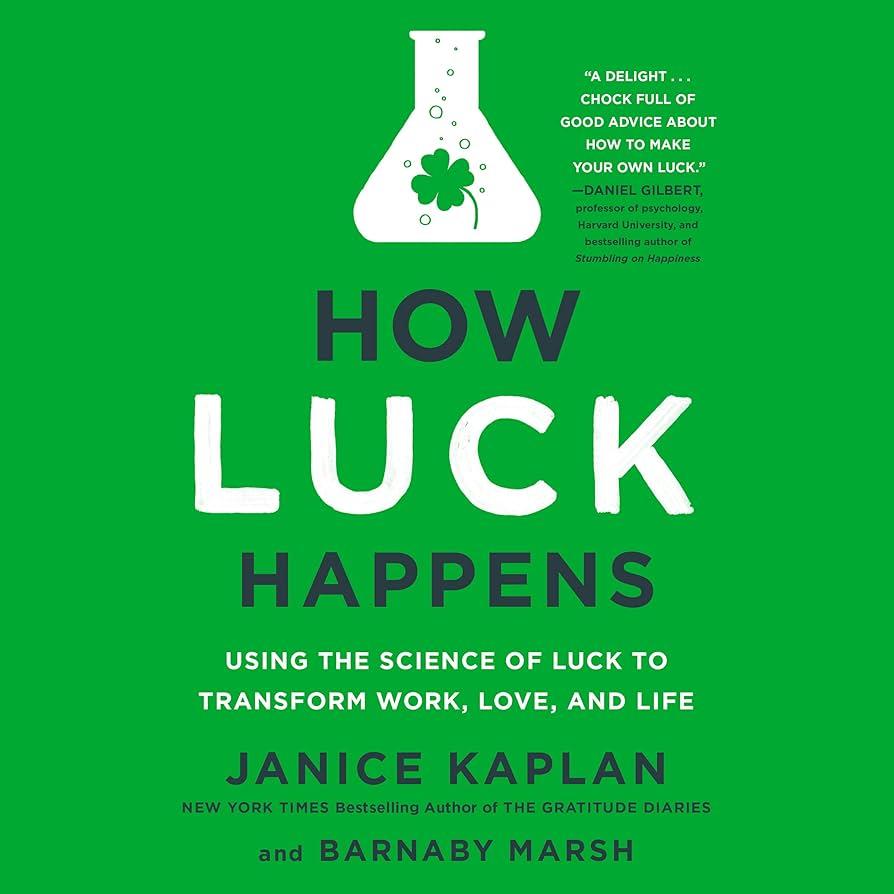
The Psychology of Luck: How Beliefs Affect Playing Habits
The psychology behind luck plays a pivotal role in shaping individuals’ gaming behaviors and habits. Many players approach games of chance, such as the lottery, with deeply ingrained beliefs about luck and fortune. These beliefs can manifest in various ways, including the selection of numbers based on personal significance or the reliance on superstitious practices. For instance, some might avoid specific numbers due to a memorable event, while others might repeat their “lucky” combinations in hopes of attracting fortune. Such mindsets can drive players to spend more time and resources in pursuit of what they perceive as favorable outcomes. Understanding these psychological factors can provide insight into patterns of play traffic and how participants engage with these games, often despite the well-documented odds against winning.
The impact of belief systems around luck is not just anecdotal; studies have demonstrated a tangible correlation between a player’s perception of luck and their gaming frequency. For example, those who believe in luck tend to participate more regularly in lotteries, often disregarding the statistical realities. Here are some common beliefs that affect playing habits:
- The “Hot” and “Cold” Numbers: Players frequently choose numbers they consider ‘hot’ from previous draws or avoid ‘cold’ numbers, believing it affects their winning odds.
- Superstitions: Rituals such as wearing certain clothing or carrying lucky charms can heighten excitement and engagement with the game.
- Group Play: Many players join lottery pools, believing collective luck increases their chances.
Key Takeaways
As we draw the curtain on our exploration of luck and the intricate web of lottery odds, it becomes clear that the allure of these games transcends mere numbers. While the dreams of winning big ignite hopeful hearts, understanding the mechanics behind popular lotteries reveals a world governed by chance, mathematics, and, perhaps, a sprinkle of fate.
Whether you’re a seasoned player or a curious onlooker, the insights gleaned from analyzing the odds can empower decisions, inform expectations, and even enrich the experience of participating in these games of chance. While a jackpot may seem like a whimsical dance of luck, remember that every ticket purchased is steeped in probability—an equation balanced delicately between hope and reality.
as you embark on your next lottery adventure, carry with you the knowledge that luck may be elusive, but informed choices pave the way for a more enriching journey. Lottery-playing isn’t just about striking gold; it’s about the thrill of the game, the community it builds, and the shared dreams of what could be. So, with your newfound perspective, may you play wisely, dream boldly, and, most importantly, enjoy the ride. After all, in the grand tapestry of fortune, it’s not just about the winnings—it’s about the stories we weave along the way.
